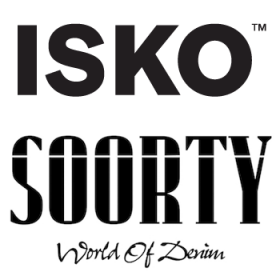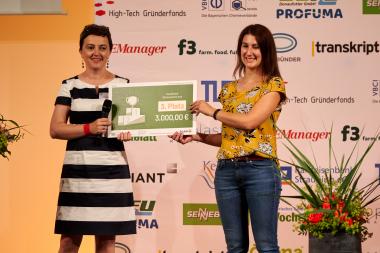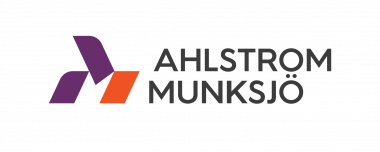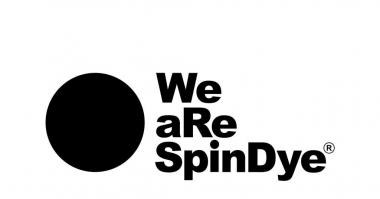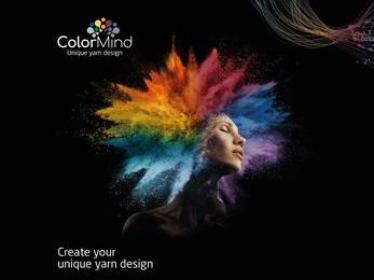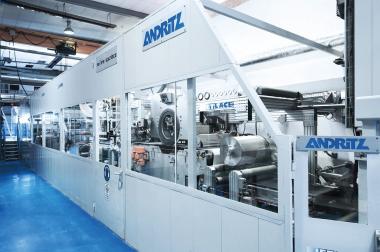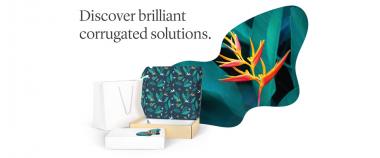Nastrificio di Cassano: Responsible and certified labels and tags
100% sustainability lives in the smallest detail, starting with the label, the element that can tell the story of responsibility. This is why Nastrificio di Cassano has created NDC Green, Made in Italy and fully traceable range that guarantees high quality standards while respecting the planet.
NDC Green comprises 4 categories:
- LABìO ECO-SOFT®: made using TENCEL™ lyocell yarn which is compostable and biodegradable (as attested by TUV Austria), this product boasts performances and is resistant up to 10 domestic washings at 30°. The reference is produced with fifteen times less water consumption than cotton production and the resins used are GOTS certified.
- LABìO HANGreen is the smart solution for the creation of hard tags, hangtags, shopping bags and garment covers and, as LABIO ECO-SOFT® range, it’s made with compostable and biodegradable TENCEL™ lyocell yarn and the resin is compostable, too. These peculiarities make this product unique.
- ACETATE NAIA™, the 'smart satin' that respects forests and oceans, is the NAIA™ single-ingredient solution produced by Eastman: the 100% traceable, compostable and biodegradable cellulose yarn in both soil and sea respects the natural growth rate of forests.
- RECYCLED POLYESTER: is made from post-consumer yarn recycled from GRS-certified PET bottles. Available in both satin and resinated taffeta versions, it guarantees excellent printability for an elegant and sophisticated look
Nastrificio di Cassano Labeling Textile and clothing industry Textil- and clothing products Sustainability
Nastrificio di Cassano / C.L.A.S.S.













